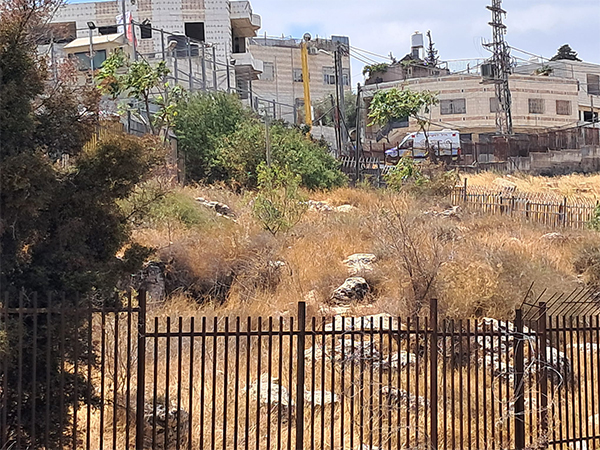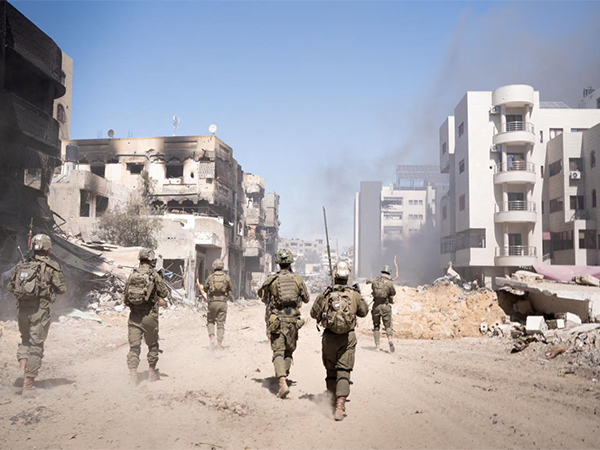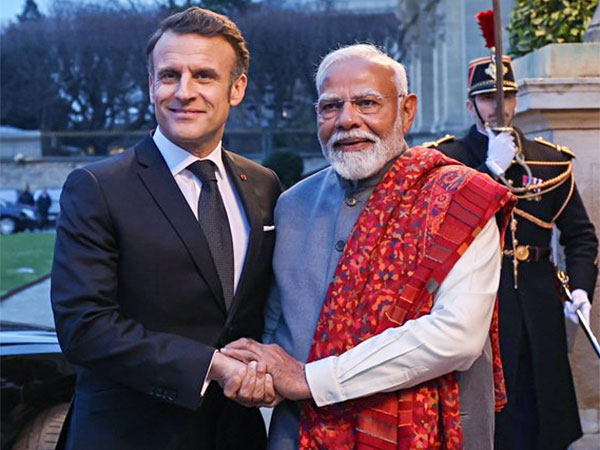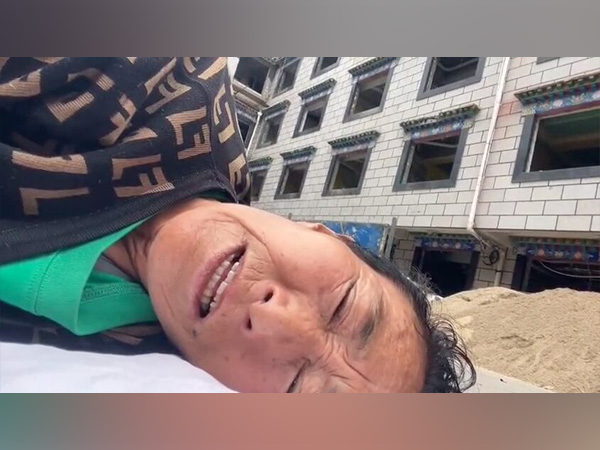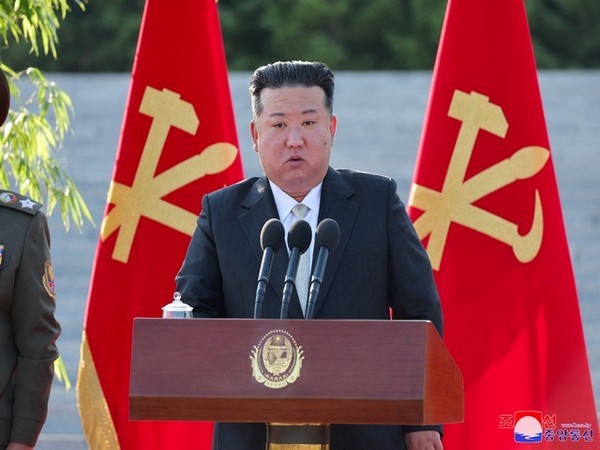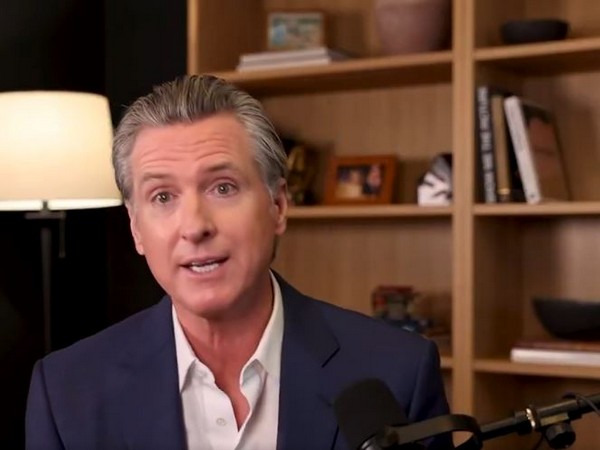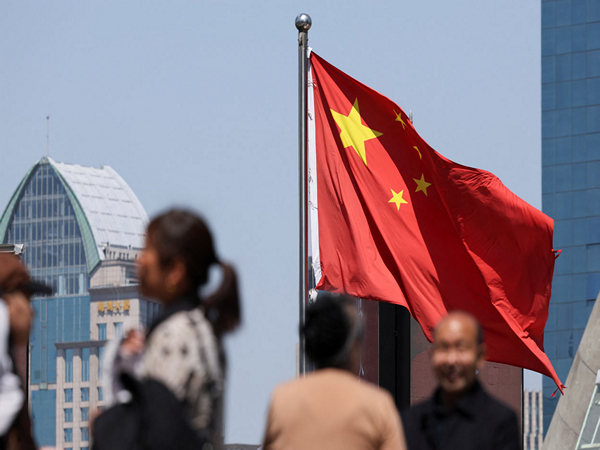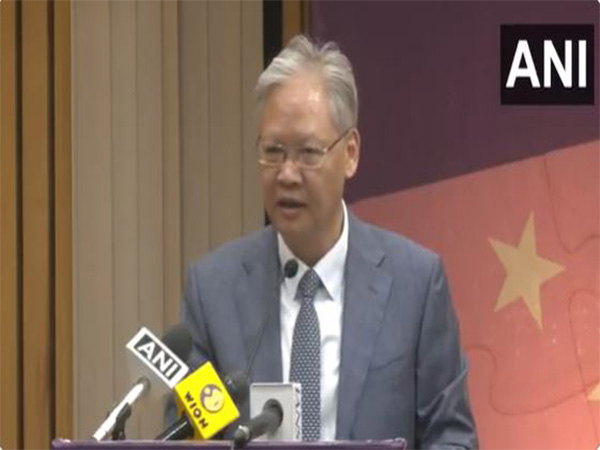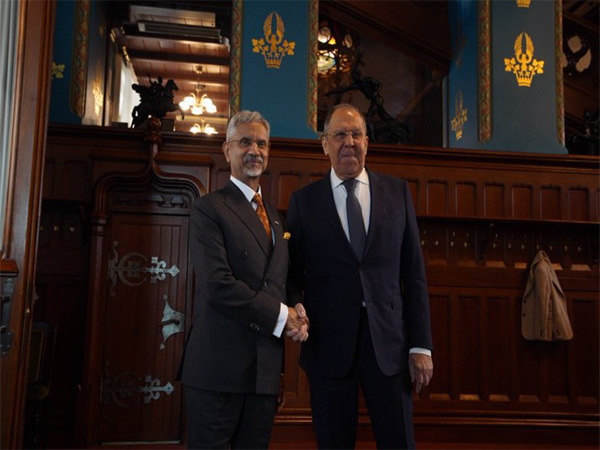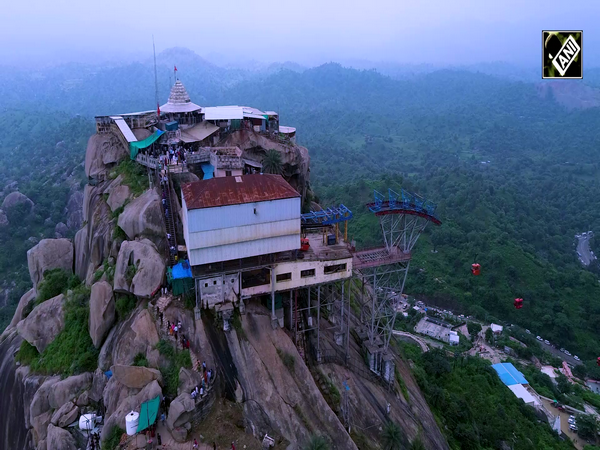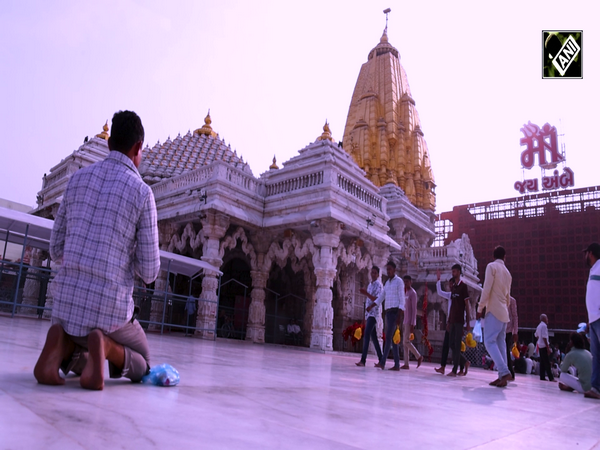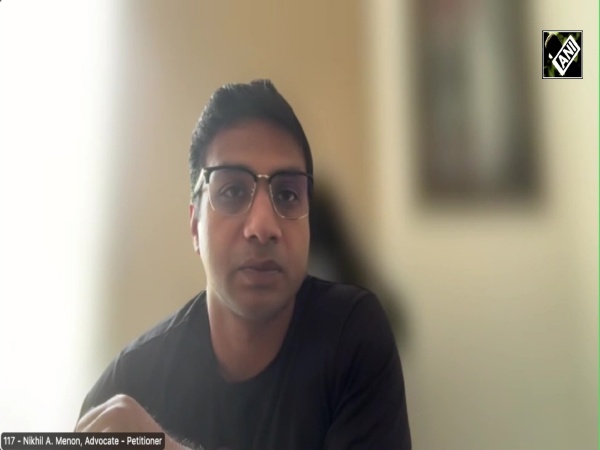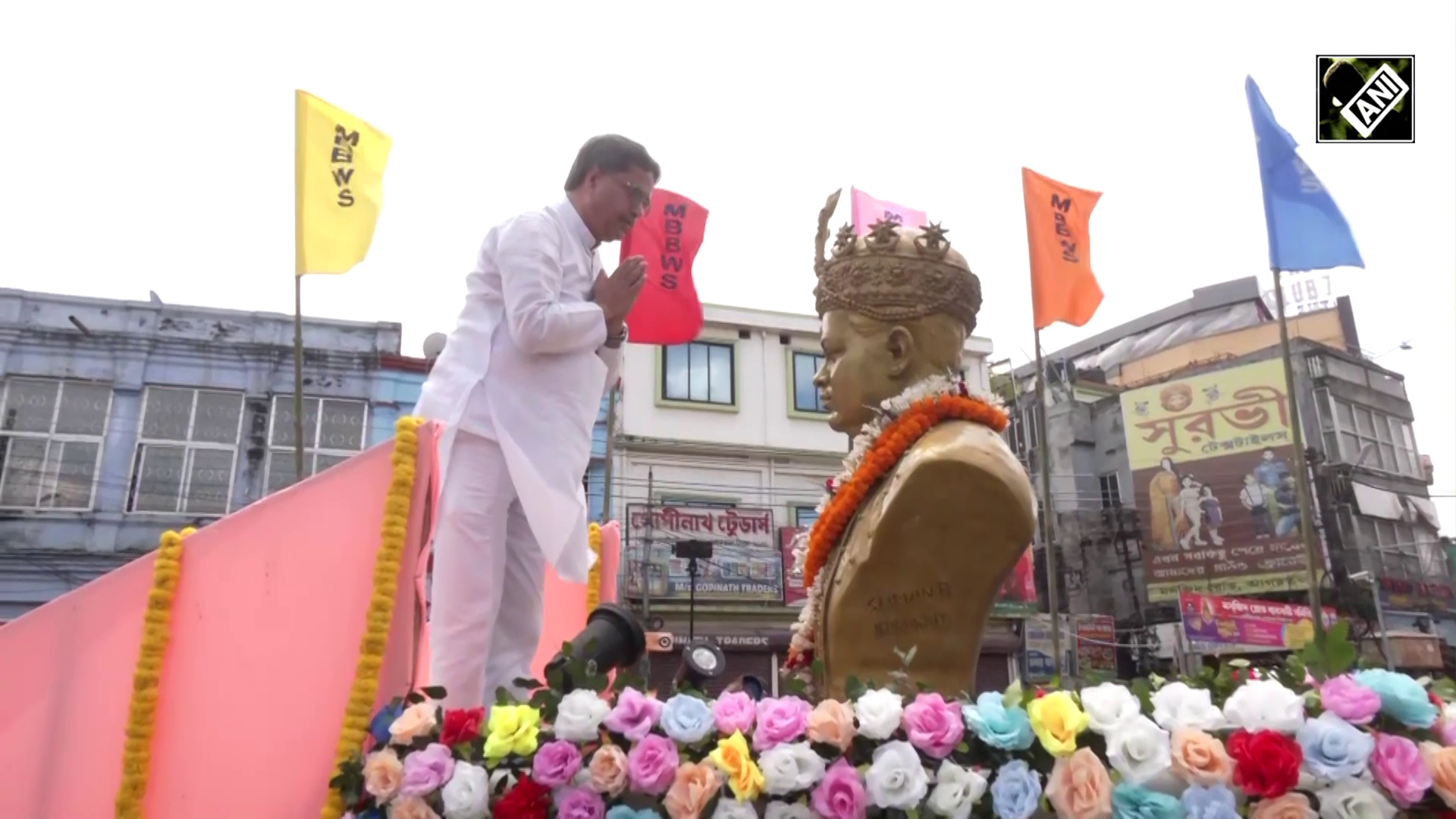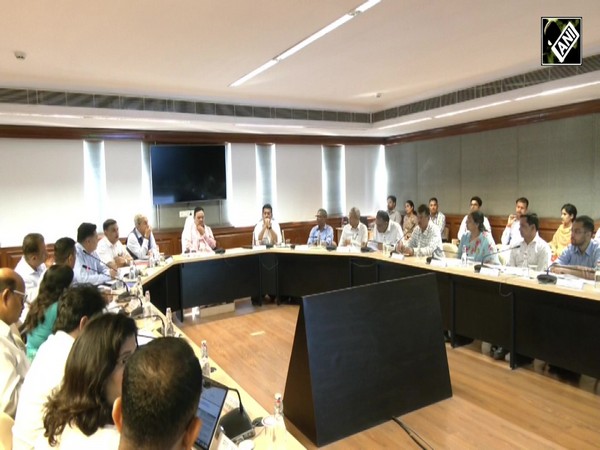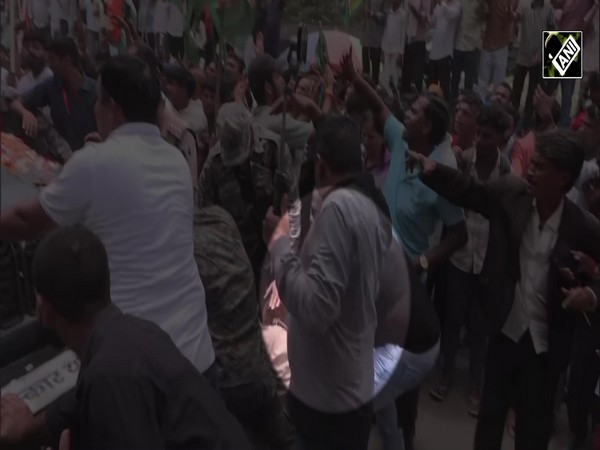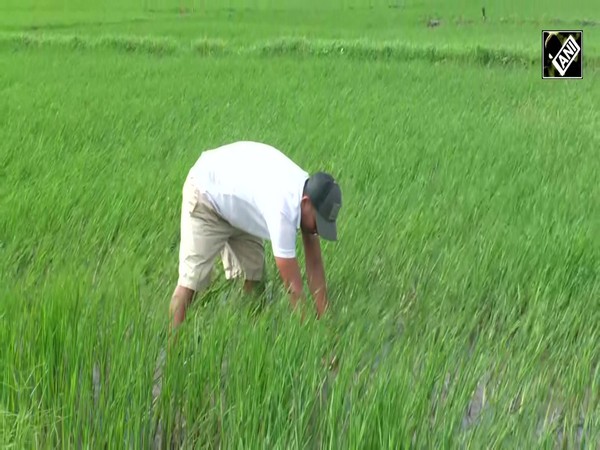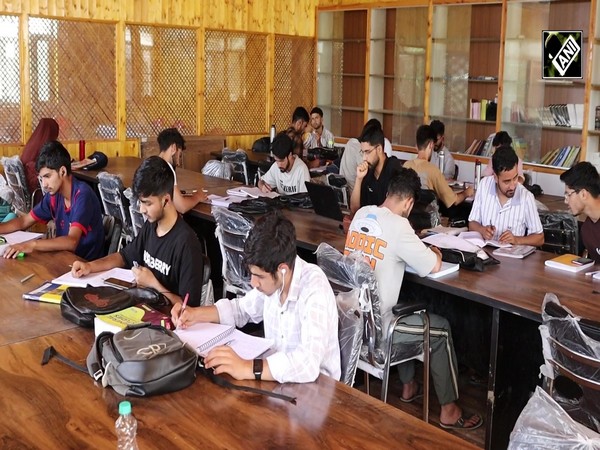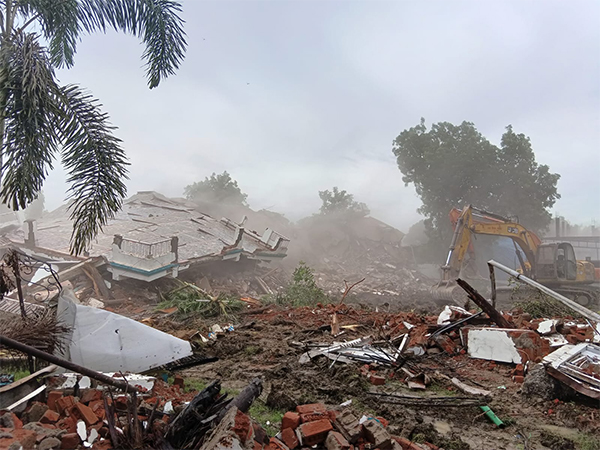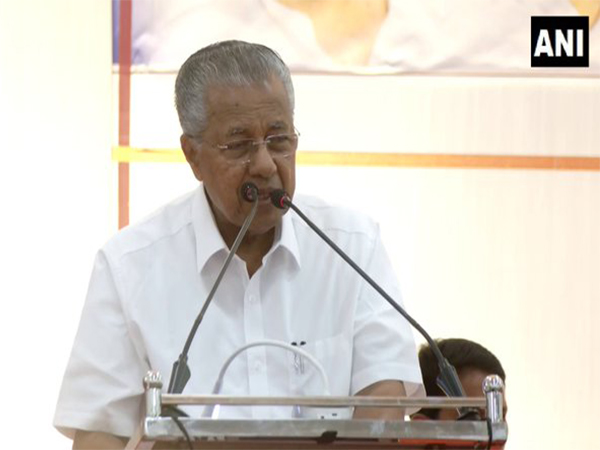
China reiterates control over reincarnation; Dalai Lama denies efforts at control
Jul 02, 2025
Beijing [China], July 2 : China's Foreign Ministry on Wednesday once again emphasised that the reincarnation of the Dalai Lama must be approved by the central government in Beijing.
Spokesperson Mao Ning stated that Tibetan Buddhism is a religion with Chinese characteristics and that the reincarnation process must follow traditional methods, including the drawing of lots from a golden urn.
"Tibetan Buddhism was born in China and is a religion with Chinese characteristics," spokesperson Mao Ning said in a news briefing.
This comes after Dalai Lama declared that the Gaden Phodrang Trust, a non-profit institution he established, has the sole authority to recognise his future reincarnation.
Mao Ning referenced an 18th-century Qing dynasty selection method, which involves drawing lots from a golden urn to determine the reincarnation of high-ranking Buddhist figures.
"The reincarnation of the Dalai Lama, the Panchen Lama and other great Buddhist figures must be chosen by drawing lots from a golden urn, and approved by the central government," said Chinese Foreign Ministry spokeswoman Mao Ning.
China has regulations in place to manage the reincarnation of Tibetan living Buddhas, and Mao Ning defended these policies as necessary for adapting religious practices to Chinese traditions.
Mao Ning claimed that China implements a policy of freedom of religious belief, but emphasized that this freedom is subject to certain restrictions and regulations.
Mao also said, "The Chinese government implements a policy of freedom of religious belief, but there are regulations on religious affairs and methods for managing the reincarnation of Tibetan living Buddhas."
China has been trying to exert control over Tibetan Buddhist traditions, particularly the reincarnation process of high-ranking lamas like the Dalai Lama.
Over a lifetime in exile, the 14th Dalai Lama, Tenzin Gyatso, has become synonymous with Tibet and its quest for genuine autonomy under Beijing's tightening grip on the Himalayan region.
From his adopted hometown of Dharamshala, where he established a government-in-exile, the spiritual leader has unified Tibetans at home and in exile and elevated their plight onto the global stage.
Dalai Lama emphasized that the process will be guided by centuries-old religious traditions and in consultation with senior Tibetan Buddhist leaders and spiritual protectors and rejected China's claims of authority over the reincarnation process, stating that no one else has the right to interfere in this matter.
In a statement on Wednesday, Dalai Lama stated, "The process by which a future Dalai Lama is to be recognized has been clearly established in the 24 September 2011 statement which states that responsibility for doing so will rest exclusively with members of the Gaden Phodrang Trust, the Office of His Holiness the Dalai Lama. They should consult the various heads of the Tibetan Buddhist traditions and the reliable oath-bound Dharma Protectors who are linked inseparably to the lineage of the Dalai Lamas. They should accordingly carry out the procedures of search and recognition in accordance with past tradition."
"I hereby reiterate that the Gaden Phodrang Trust has sole authority to recognise the future reincarnation; no one else has any such authority to interfere in this matter," he added.
The Dalai Lama noted that he had not made any public statements on the issue over the past 14 years. However, leaders of Tibet's spiritual traditions have written to him with reasons, earnestly requesting that the institution of the Dalai Lama continue.
"Although I have had no public discussions on this issue, over the last 14 years leaders of Tibet's spiritual traditions, members of the Tibetan Parliament in Exile, participants in a Special General Body Meeting, members of the Central Tibetan Administration, NGOs, Buddhists from the Himalayan region, Mongolia, Buddhist republics of the Russian Federation and Buddhists in Asia including mainland China, have written to me with reasons, earnestly requesting that the institution of the Dalai Lama continue. In particular, I have received messages through various channels from Tibetans in Tibet making the same appeal. In accordance with all these requests, I am affirming that the institution of the Dalai Lama will continue," he said.
The atheist Chinese Communist Party, which annexed Tibet in 1951, has in recent years stepped up its long-standing efforts to influence the Tibetan Buddhist religion and forcibly assimilate the population in Tibet as part of a broader effort to control ethnic and religious minorities. It replicated many of these practices during a fierce crackdown on the Muslim Uyghur population in the Xinjiang region.
The Dalai Lama fled Tibet in 1959 after a failed popular uprising against Chinese control, and relocated to northern India, where he set up a government-in-exile in Dharamshala. In 1989, he was awarded the Nobel Peace Prize "for advocating peaceful solutions based upon tolerance and mutual respect."
The Dalai Lama has long been cautious about Beijing's attempts to meddle with the reincarnation system of Tibetan Buddhism, a tradition deeply rooted in the spiritual and cultural heritage of Tibet. At the heart of this issue is the belief that enlightened spiritual masters like the Dalai Lama can choose the place and time of their rebirth through the force of compassion and prayer.
A significant point of contention is the reincarnation of the Panchen Lama, the second-highest figure in Tibetan Buddhism. In 1995, Beijing installed its own Panchen Lama, disregarding the Dalai Lama's choice for the role. The Dalai Lama's chosen Panchen Lama, a six-year-old boy at the time, has since disappeared from public view.
In Tibetan tradition, the Dalai Lamas and Panchen Lamas have played key roles in recognizing each other's reincarnations. This mutual recognition process is essential to maintaining the integrity and authenticity of the reincarnation system.
Beijing's interference in the reincarnation system is seen as an attempt to exert control over Tibetan Buddhism and undermine the Dalai Lama's spiritual authority. By installing its own candidates for key spiritual roles, Beijing aims to shape the future of Tibetan Buddhism in a way that aligns with its own interests.
